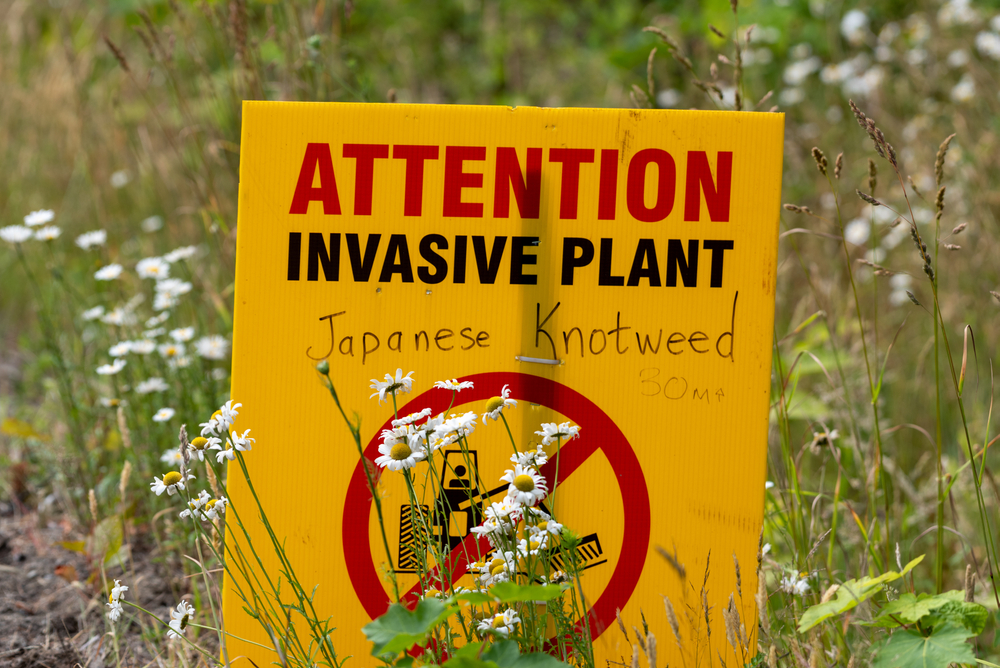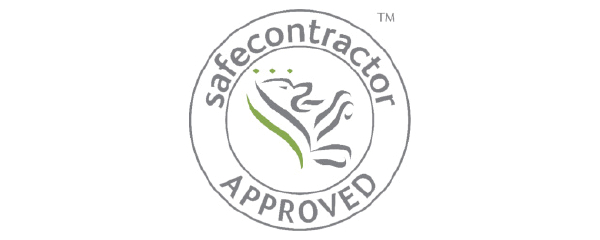Japanese Knotweed is a highly invasive and rapidly growing plant species with the potential to cause significant damage to buildings, roads, and native ecosystems. Originating from East Asia, it was introduced to the UK in the 19th century as an ornamental plant. However, it quickly spread and became a significant problem.
Given its impact, many landowners are concerned about the legal implications of having Japanese Knotweed on their property. Our experts clarify the legal situation regarding Japanese Knotweed in the UK.
The legal status of Japanese Knotweed
In the UK, it is not illegal to have Japanese Knotweed on your land. However, there are specific legal responsibilities and restrictions associated with its management to prevent its spread to neighbouring properties and public spaces.
Key legal responsibilities
Wildlife and Countryside Act 1981: Under Section 14(2) of this act, it is an offence to plant or otherwise cause Japanese Knotweed to grow in the wild. This means you must take measures to control and manage the plant on your property to prevent it from spreading beyond your boundaries.
Anti-social Behaviour, Crime and Policing Act 2014: This act allows local authorities to issue Community Protection Notices (CPNs) to individuals or organisations that fail to control Japanese Knotweed on their property, leading to its spread and causing a nuisance. If you receive a CPN and do not take appropriate action, you could face fines or further legal action.

Responsibilities for landowners
If you discover Japanese Knotweed on your land, it is crucial to take prompt action to manage and control it.
Professional Assessment: Hire a professional such as Inspectas Land Remediation to assess the extent of the infestation and recommend a management plan. This is particularly important if the Knotweed is near buildings or boundaries.
Control and Eradication: Implement a control and eradication plan. This may involve chemical treatments, physical removal, or a combination of methods. Professional services will ensure the Knotweed is managed effectively and in compliance with legal requirements.
Disposal: Dispose of Knotweed waste responsibly. Japanese Knotweed is classified as controlled waste under the Environmental Protection Act 1990. It must be disposed of at licensed landfill sites or incinerated. Do not compost or dump Knotweed waste in the wild, as this can exacerbate the spread.
Selling property with Japanese Knotweed
If you are selling a property with Japanese Knotweed, you have a legal obligation to disclose its presence to potential buyers. Failure to do so can result in legal action and affect the sale process. Many mortgage lenders require a Knotweed management plan before approving a mortgage on affected properties.
Japanese Knotweed removal from Inspectas Land Remediation
Japanese Knotweed removal experts, Inspectas Land Remediation, can provide smart cost-effective solutions that are tailored to the individual needs of your site.
Inspectas has an unrivalled track record in eradicating Japanese Knotweed, as well as a host of other invasive weeds. Contact us today to organise a free, no-obligation Japanese Knotweed survey and get started.











